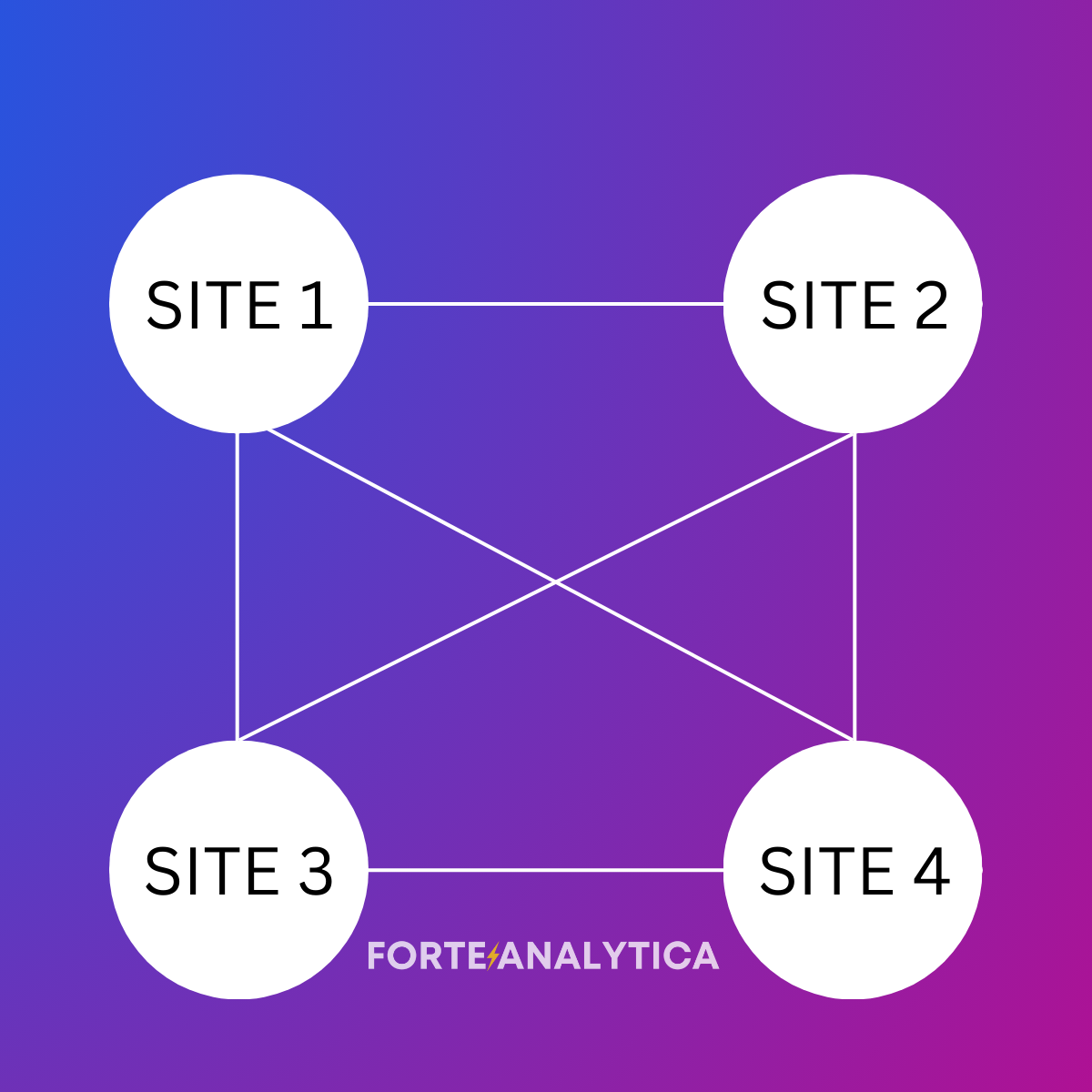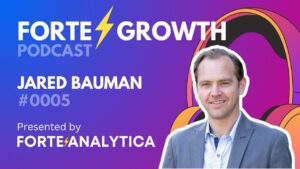In SEO, there is one term that often elicits confusion and concern is a link farm. As a business owner or SEO manager looking to enhance your website’s visibility and rankings on search engines like Google, it is crucial to understand the concept of link farms and their negative impact on your SEO efforts.
At its core, a link farm is a network of websites that exist solely to exchange backlinks with the primary goal of manipulating search engine rankings.
These artificial link-building schemes aim to increase a website’s link popularity and authority by generating a high volume of inbound links from other sites within the network.
Unraveling the mechanics of link farms
How link farms were born
Link farms first emerged in the early days of SEO when search engines relied heavily on backlink quantity and page rank, rather than quality, to assess a website’s importance and rank it in search results.
Webmasters quickly recognized the potential to exploit this system and began creating networks of interconnected websites solely for the purpose of exchanging links.
How link farms are setup to work
In a typical link farm setup, websites within the network feature numerous outbound links pointing to other sites within the same network.

This excessive linking behavior aims to create an illusion of popularity and credibility in the eyes of search engines.
Link farms often take advantage of various black hat SEO techniques, such as using hidden links, hidden text, or link-stuffed content to deceive search engine algorithms.
The impact on SEO
While link farms may appear to provide a quick and easy way to boost search engine rankings, their short-term gains can have severe long-term consequences.
Search engines, like Google, have evolved their algorithms to detect and penalize manipulative link-building practices, such as link farming.
The risks and penalties of link farms
Search engine penalties
Search engines actively combat link farms to maintain the integrity of their search results.
If your website is associated with a link farm, it is highly likely that Google and other search engines will penalize your site, leading to a significant drop in rankings or even outright removal from search results.
Algorithmic changes
Through algorithmic updates, search engines continuously refine their ability to identify and filter out link farms and other spammy link-building techniques.
Google, for instance, has developed sophisticated algorithms like Penguin, which specifically target manipulative link schemes.
By constantly refining their algorithms, search engines aim to ensure that websites that provide genuine and valuable content rise to the top of search results, enhancing the overall user experience.
Rebuilding trust and recovering from penalties
If your website has been penalized due to association with a link farm, it is essential to take immediate action to remove and disavow any unnatural or low-quality backlinks.
Additionally, investing in a comprehensive SEO audit, redesigning your link-building strategy, and focusing on building high quality links or building high authority news publication links with our HARO link building service can help rebuild trust with search engines.
Frequently asked questionshttps://forteanalytica.co.uk/what-is-seo/
Are link farms still effective in improving SEO rankings?
Link farms are no longer an effective SEO strategy and can, in fact, result in severe penalties from search engines. As algorithms have advanced, search engines have become adept at identifying and disregarding manipulative link-building practices like link farms.
Can link farms be used for positive SEO purposes?
No, link farms are strictly associated with negative SEO practices. They exist solely to manipulate search engine rankings and therefore have no genuine value or usefulness in positive SEO strategies.
How can I identify if my website is associated with a link farm?
Monitoring your website’s backlink profile regularly can help identify any potential association with link farms. Checking your backlink profile on Google Search Console and third-party SEO software like Ahrefs or Semrush can provide insights into suspicious backlinks that may be originating from such networks.
Can my website recover from a link farm penalty?
Yes, it is possible for a website to recover from a link farm penalty by diligently removing any unnatural or low-quality backlinks and following search engine guidelines. However, the process of recovering from such penalties can be time-consuming and challenging, requiring dedicated efforts to rebuild trust and improve the overall quality of your website.


